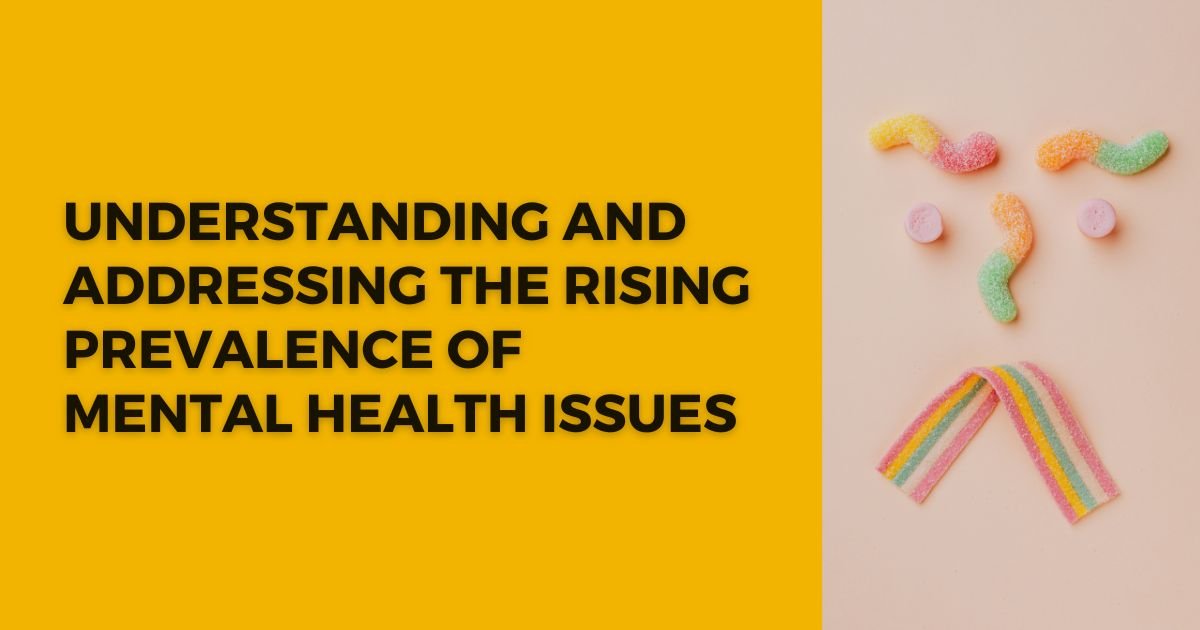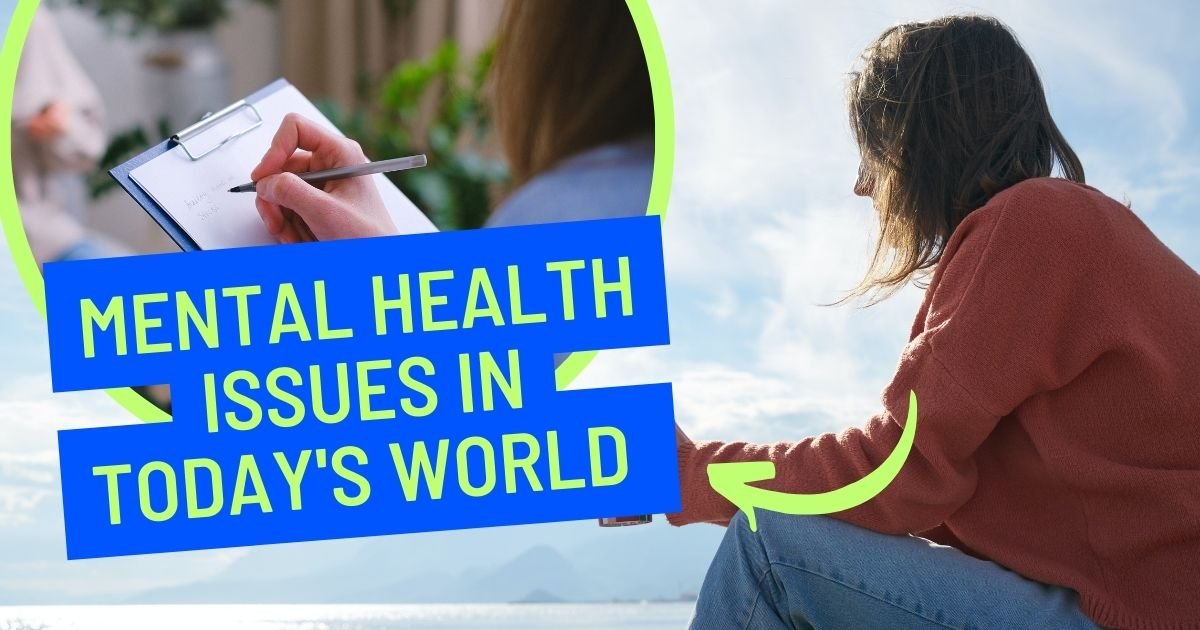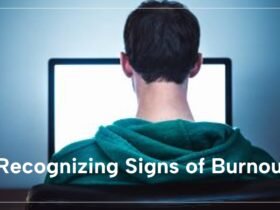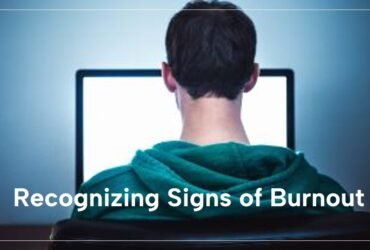In recent years, the world has undergone significant changes that have impacted people’s mental health. With the rise of technology, many individuals have experienced increased stress, anxiety, and depression. The way we live, work, and communicate has changed, and it can be challenging to navigate this “new normal.”
One of the most significant challenges facing mental health in today’s world is the impact of social media and technology. While technology has made our lives easier in many ways, it has also created a culture of comparison and unrealistic expectations. Many individuals feel pressure to constantly be connected and productive, leading to burnout and exhaustion.
Table of Contents
Is Mental Health Issues a disease?
Mental health issues are not a disease in the traditional sense of the word. Mental health issues refer to a wide range of conditions that affect a person’s thoughts, emotions, and behaviors, and they can have a significant impact on a person’s quality of life.
Mental health issues are often caused by a combination of factors, including genetic, biological, psychological, and environmental factors. They are complex conditions that can manifest in different ways, and each individual’s experience with mental health issues is unique.
It’s important to recognize that mental health issues are legitimate medical conditions that require proper diagnosis and treatment. Mental health conditions are recognized as medical conditions by organizations such as the World Health Organization (WHO) and the American Psychiatric Association (APA), and they can be treated with a variety of interventions, including medication, therapy, and lifestyle changes.
While mental health issues are not a disease in the traditional sense, they are still serious conditions that require care and attention. It’s important to seek help if you or someone you know is struggling with mental health issues to improve quality of life and prevent potential long-term effects.
Are Mental Health Issues getting worse?
There is evidence to suggest that mental health issues are becoming more common, but it’s difficult to determine whether they are getting worse. Some studies have found that rates of depression, anxiety, and other mental health conditions have increased in recent years, particularly among young people. However, it’s also possible that this increase is due in part to greater awareness and recognition of mental health issues, as well as improved access to mental health care.
Additionally, the COVID-19 pandemic has had a significant impact on mental health, with many people experiencing increased stress, anxiety, and depression as a result of the pandemic and its associated social and economic disruptions. However, it’s important to note that mental health issues have always been a significant public health concern, and efforts to improve mental health awareness, access to care, and social support can help to mitigate the impact of these issues on individuals and communities.
Is Social Media causing Mental Health Issues?
There is ongoing research on the relationship between social media use and mental health issues, and while there is no clear consensus, some studies suggest that social media use can have negative effects on mental health.
Social media platforms can lead to feelings of social comparison, anxiety, and depression, particularly when users compare their lives to the carefully curated highlight reels of others. Social media can also lead to feelings of isolation and loneliness, especially if it’s used as a substitute for real-life social interaction.
Moreover, cyber-bullying, online harassment, and exposure to graphic or disturbing content on social media platforms can also negatively impact mental health. In some cases, excessive social media use can also contribute to sleep disturbances, which can have a negative impact on mental health.
That being said, not all social media use is negative, and there are potential benefits to social media, such as connecting with others, sharing experiences, and accessing helpful resources. The impact of social media on mental health is complex and multifaceted, and it’s essential to be mindful of the amount and quality of social media use.
If you’re concerned about your own or a loved one’s mental health and social media use, it may be helpful to seek the guidance of a mental health professional who can provide personalized recommendations and support.
What causes Mental Health Issues in College Students?
College students are at a higher risk for mental health issues due to a combination of factors, including academic stress, social isolation, and lifestyle changes.
Academic stress is a significant contributor to mental health issues in college students. The pressure to succeed academically, manage coursework, and balance extracurricular activities can be overwhelming, leading to conditions like anxiety and depression. Additionally, college students often face the stress of navigating new academic expectations and a different learning environment, which can further exacerbate these issues.
Social isolation is another significant factor in mental health issues among college students. Moving away from home, leaving friends and family behind, and adjusting to a new social environment can be difficult and lead to feelings of loneliness and isolation. Social isolation can also impact a student’s ability to form new relationships, leading to further social isolation and exacerbating mental health issues.
Changes in lifestyle can also contribute to mental health issues in college students. The transition to college life often involves significant changes in sleep patterns, diet, and exercise routines, which can impact a person’s mental health. Additionally, college students may engage in risky behaviors, such as excessive alcohol and drug use, which can worsen or cause mental health issues.
Finally, mental health issues in college students may also be related to pre-existing conditions, such as a history of mental illness or family history of mental health issues. These pre-existing conditions, combined with the stressors of college life, can increase a student’s risk for mental health issues.
Why does technology cause Mental Health Issues?
Technology itself does not necessarily cause mental health issues, but the way people use technology can contribute to mental health issues in a number of ways. Here are a few potential reasons:
- Social media: Social media can create pressure to present a perfect image, which can contribute to feelings of inadequacy or low self-esteem. Additionally, social media can lead to feelings of isolation or FOMO (fear of missing out), which can contribute to anxiety or depression.
- Screen time: Excessive screen time can lead to sleep disturbances, which can contribute to anxiety, depression, and other mental health issues. Additionally, some research has suggested that blue light from screens can interfere with the body’s natural production of melatonin, which can affect sleep and mood.
- Cyberbullying: The anonymity of the internet can make cyber-bullying more prevalent, and victims of cyber-bullying may experience anxiety, depression, or other mental health issues.
- Addiction: Technology use, including video games and social media, can become addictive and contribute to compulsive behavior, which can negatively impact mental health.
It’s important to note that not everyone who uses technology will experience mental health issues, and technology can also be a tool for improving mental health (such as through mental health apps or online therapy). However, it’s important to be aware of how technology use may impact mental health and to practice healthy habits when using technology.
What to do when you have Mental Health Issues?
If you are experiencing symptoms of a mental health issue, it’s important to seek help as soon as possible. Here are some steps you can take:
- Talk to someone you trust: Reach out to a friend, family member, or trusted colleague and share your concerns. Sometimes just talking about your feelings can help relieve stress and provide a sense of relief.
- Seek professional help: Schedule an appointment with a mental health professional, such as a therapist or psychiatrist, who can provide a diagnosis and recommend a treatment plan. Your primary care doctor may also be able to refer you to a mental health professional.
- Practice self-care: Engage in activities that promote self-care and stress reduction, such as exercise, meditation, or relaxation techniques. Make sure you’re getting enough sleep, eating a healthy diet, and avoiding drugs and alcohol.
- Join a support group: Consider joining a support group for people who are experiencing similar mental health issues. This can provide a sense of community and support, as well as practical advice for managing symptoms.
- Be patient and persistent: Recovery from mental health issues can take time, so it’s important to be patient and persistent in seeking treatment and support. Keep working with your mental health professional to find the right treatment plan and make positive changes in your life.
Remember that mental health issues are common and treatable. With the right support and treatment, many people are able to manage their symptoms and lead fulfilling lives.
If you’re looking to explore more about mental health and well-being, don’t hesitate to click here. You’ll discover a plethora of insightful articles that can help you on your journey towards better mental health. Take care of yourself and keep reading!














Leave a Reply
View Comments